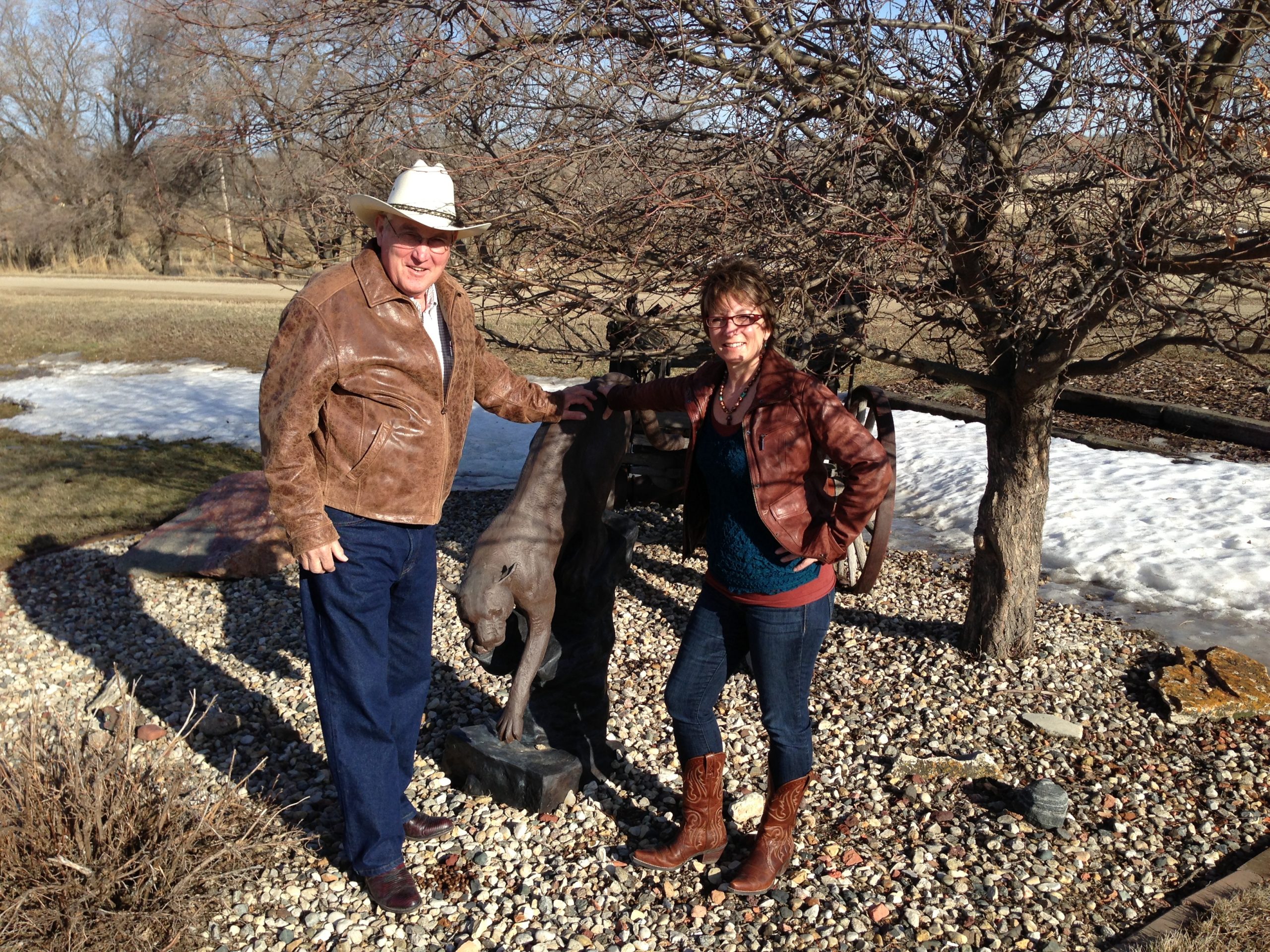
How to Utilize Virtues to Expand Your Leadership Development Efforts (Video Also)
In our current cancel culture, courage, a critical leadership development virtue, – is needed now, more than ever.
How might you continually strengthen your vital leadership virtues of courage, tenacity, and grit so that you have the strength for the coming challenges?
The fear-mongering of social media during the Covid-19 pandemic has had a shockingly toxic effect on our culture. With the mask mandate gone, I hoped for relief. But, no. With the Russian-Ukrainian conflict, the social media army relentlessly marches forth, continuing to exploit human tragedy to drive fear.
It’s easy for courage to take the backseat when anxiety-producing drama is being pumped 24/7.
If your vital virtues are not solid, external influences will sabotage your leadership development and thwart your leadership influence.
Watch this short video on Virtues before reading the rest of the article:
Courageous Leadership Development is Critical
Interestingly, courage, tenacity, and grit describe some of the characteristics of the American bald eagle. It’s understandable that our nation’s founding fathers chose this magnificent bird as our national symbol in 1782.
In today’s unsettled, unstable world, nurturing these leadership virtues are more important than ever.
When you face moral dilemmas, you often develop a whole cadre of options along the ethical scale. Many of these options will be aligned with our virtues. Others will be ruled out because they don’t support virtuous leadership.
Growing up on the TTT Ranch in North Dakota, my parents, Fred and Joyce Evans, often said that TTT stands for “Things take time.”
That’s a great reminder for all of us, isn’t it? Even though we want snap-of-the-fingers growth to happen overnight, leadership growth does indeed take time! It doesn’t happen 24/7.
I also resonate with the “Code of the West”. Each of these principles by The Center for Cowboy Ethics and Leadership is relevant – even in our modern-day culture.
- Live each day with courage.
- Take pride in your work.
- Always finish what you start.
- Do what has to be done.
- Be tough but fair.
- When you make a promise, keep it.
- Ride for your brand.
- Talk less and say more.
- Remember that some things aren’t for sale.
- Know where to draw the line.
These 10 principles strengthen your vital eagle virtues – courage, tenacity, and grit.
Activate Virtues to Create Leadership Development Integrity
A Personal Virtues Statement provides clarity on how to be a leader with integrity, who solves ethical dilemmas and makes wise decisions, even in the midst of chaos.
As a person of trust, you act consistently. As a result, your leadership influence expands, growing your capacity as a coach and a change agent. A Virtues Statement ties your being to your doing. That’s integrity. It provides another step in answering the question…
What might I do to make a positive impact?
Tedi Anne Hasapopoulos, a business ethics professor at Bethel University in St. Paul, MN, works with Millennials and Next-Gen leaders. Her perspective is insightful in helping us think through how to activate the virtues that boost moral fiber, including courage, tenacity, and grit.
When asked to describe the connection between virtues and ethics, here is what Professor Hasapopoulos had to say in Millennials Matter, Proven Strategies for Building your Next-Gen Leaders:
“As I think about the ways in which I teach ethics to Millennials, I talk to them about the foundation on which they set their moral footings. How wide, deep, and long is it? What kind of material is it comprised of? Is it the size and thickness of a postage stamp or wide and deep as a foundation block? Is it solid granite or shifting sand?”
And then, Professor Hasapopoulos said something that I now regard as prophetic for these times…
“Our values and virtues are the basis on which we make moral decisions. Unless our foundations are grounded in something solid, we will stumble when pushed by ethical adversity.”
What might you do to make a positive impact on strengthening your personal virtues that will withstand the onslaught of today’s ethical dilemmas and the shockingly toxic effects of social media?
3 Steps to Strengthen your Personal Virtues and Leadership Development
-
-
Know your Virtues to Make a Leadership Development Impact
-
If we consider how we can be intentional about developing a plan to strengthen our virtues, it can be helpful to get the definitions behind each of the virtues:
Cardinal Virtues:
-
-
- Prudence – Discerning between right and wrong
- Justice – Acting with fairness under all circumstances
- Temperance – Applying self-control even under challenging conditions
- Courage – Confronting fear and uncertainty
-
Theological Virtues:
-
-
- Faith – Believing in things not seen. Hebrews 11:1
- Hope – Refraining from despair and expectation of a better future (Heb. 11:1)
- Charity/Love – Loving God, our neighbors, and ourselves. I Cor. 13) It can also be defined as a selfless concern for the welfare of others and doing what is right because you want what is best for others. Accountability means having the emotional maturity and internal backbone to take responsibility for your own actions and choices, and not shift blame to external factors.
-
-
-
Define your Personal Virtues with D.A.K.O.T.A.
-
For many, the word “virtues” is confusing. It’s not a word that we use in our everyday lives. And, really, are “prudence” or “temperance” words that you often use?
When writing Millennials Matter, I created an acronym that helps me translate conceptual ideas into character traits that I believe are more concrete and useful in today’s world. I hope you also find it helpful.
D – Determination fuels a courageous character that weathers uncertainty, challenges, and chaos.
A – Awareness of yourself, your community, and God, strengthens character.
K – Knowing what is right and wrong boosts moral character; so you do what is right, over what is easy.
O – Optimism activates and invigorates you when facing overwhelming obstacles.
T – Trustworthiness is key to expanding leadership influence.
A – Accountability means having the emotional maturity and internal backbone to take responsibility for your own actions and choices (and not shift blame to external factors or other people).
The D.A.K.O.T.A .acronym is based upon my appreciation for my North Dakota roots. I hope it’s a useful guide as you continue working on developing strong personal virtues.
-
- Check your Vital Virtues with The D.A.K.O.T.A Survey
I invite you to work through the DAKOTA survey below to determine where you stand on these six critical character traits:
Determination; Awareness; Knowing; Optimism; Trustworthiness; and Accountability.
Note: This survey is not a science-based barometer of your character core. It is a tool that
can assist in working on issues that might be challenging for you. There are no “right” or “wrong” answers, just your honest acknowledgment of how you feel.
Instructions for this survey: Tick all the statements that already align with your personal virtues. Be honest. This is just for you. Once you have done this, you can work through the questions at the bottom of the survey.
Determination fuels a courageous character that can weather uncertainty, challenges, and chaos.
-
-
- I have taken frequent stands in the face of strong opposition.
-
-
-
- I always finish what I start.
-
-
-
- I am able to handle stress and manage my emotions, even when facing resistance.
-
-
-
- I stand up for what I believe, even if there are negative results.
-
-
-
- I continue to collaborate with others, even when I disagree with them.
-
Awareness of yourself, your community, and God strengthens character.
-
-
- I know how to handle myself in different social situations.
-
-
-
- I am good at sensing what other people are feeling.
-
-
-
- I feel thankful for what I have received in life.
-
-
-
- I am in awe of simple things in life that others might take for granted.
-
-
-
- I always know what to say to make people feel good.
-
Knowing what is right and wrong boosts moral character; so you do what is right, over what is easy.
-
-
- When I am in a difficult situation, I carefully examine the facts and ask who, what, where, when, why, and how questions to get a deeper understanding.
-
-
-
- Before I judge, I try to discover whether I’m facing an ethical dilemma or just a personal preference that is different from my own.
-
-
-
- If I am asked to do something that requires me to compromise my values, I always look for an ethics-based alternative.
-
-
-
- When I feel unsure about a choice I have to make, I first consider the possible consequences.
-
-
-
- I always listen to my “responsible inner voice” when deciding how to proceed.
-
Optimism activates and invigorates you when facing overwhelming obstacles.
-
-
- I always look on the bright side.
-
-
-
- I am an extremely grateful person and look forward to each day.
-
-
-
- I try to add some humor to whatever I do.
-
-
-
- I love what I do.
-
Trusting is key to expanding leadership influence.
-
-
- I always keep my promises.
-
-
-
- I believe honesty is the basis for trust.
-
-
-
- Others trust me to keep their secrets.
-
-
-
- I can be trusted to do the right thing, even when no one is watching.
-
-
-
- I set the same standards for myself that I expect from others.
-
Accountability means having the emotional maturity and internal backbone to take responsibility for your own actions and choices, (and not shift blame to external factors or other people).
-
-
- When I fail, I keep working and ask, “What can I do differently next time?”
-
-
-
- I don’t hide my mistakes, but openly admit my errors and learn from them.
-
-
-
- I follow through on my assessment outcomes and put my training to use.
-
-
-
- I know that I am ultimately accountable for my personal, concrete performance goals and results.
-
Reflection Questions:
-
-
- When you review your survey results, what do you see as your strong character areas?
-
-
-
- How might you use your strengths to expand your influence and impact others?
-
-
-
- Which of the DAKOTA Character traits would you describe as your “in-need-of-growth” areas?
-
-
-
- Which of your growth areas would you like to strengthen?
-
-
-
- What might you do to strengthen your growth areas, on your own, with a mentor’s guidance?
-
-
-
- How might your leadership influence change if you could work on your growth areas?
-
These D.A.K.O.T.A. principles remind us of the simple, yet powerful steps we can take to withstand the moral and ethical dilemmas of our modern-day culture…and to lead in the midst of a culture raging with fear and anxiety.
In our current cancel culture, your eagle-like courage, tenacity, and grit is needed now, more than ever. People are looking to you during these unsettling, unstable times. I’m confident that your virtues will keep shining through and provide guidance for those in your sphere of control and sphere of influence.
How Eagle-Eye Vision, Values and Virtues Improve your Leadership Development Initiatives
Thank you for joining me on this series. As mentioned in the opening article, Gordon and I named 
“Eagle,” because we both love the majesty of bald eagles. And, as it is our vision that all our heads, hearts, hands, and habits bring strength to others. (Isaiah 40:31).
“Springs,” because of the natural artesian spring bubbling forth on our property. It is also our vision that all of our heads, hearts, hands, and habits would bring refreshment to others, and that they would flourish (Psalms 1).
Start creating and/or refining your Vision, Values, and Virtues Statements today, so that you can confidently answer the question…
What might I do to make a positive impact?
Remember, your leadership matters NOW, more than ever.
Read more about creating your personal Values and Vision Statements here.
Leadership Development Lesson: Your Virtues Statement will provide the clarity you need to solve ethical dilemmas and make wise decisions for your everyday actions.
Leadership Development Question: How might you ensure that external events are not negatively impacting your leadership influence?
Here are the links to all the articles in this series:
- How Eagle-Eye Vision, Values and Virtues Improve your Leadership Development Initiatives
- How an Eagle-Eye Vision Statement Strengthens your Personal Leadership Development
- Create a Personal Values Statement to Soar Your Leadership Development
- How to Utilize Virtues to Expand Your Leadership Development Efforts
Let’s discuss a tailor-made talk to meet your specific needs.
Virtual speaking event? No problem!
Check out my Speaker page HERE.
To schedule, a call contact me at danita@danitabye.com

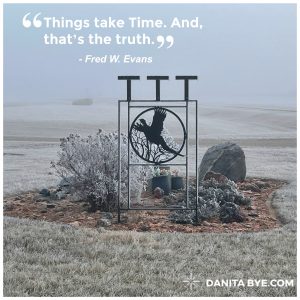
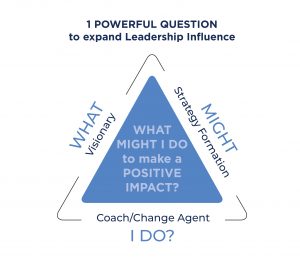
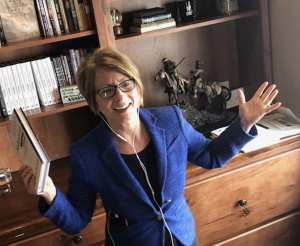

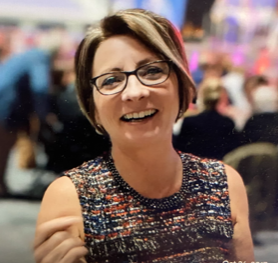
No Comments